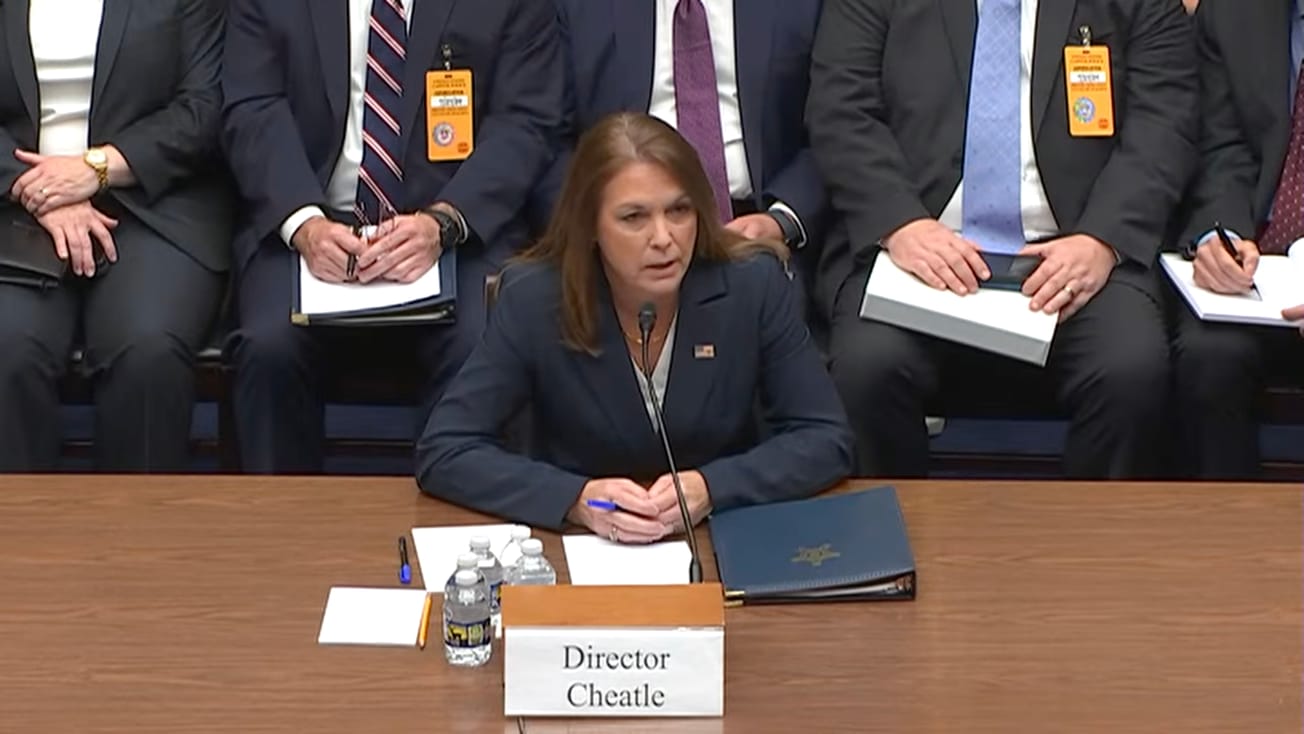March 29, 2024 (EIRNS)—The United States is uniting the world—against it. This has been the message sent by the rest of the world in response to multiple U.S. officials downplaying UN Security Council Resolution 2728, passed on March 25 and demanding a Ramadan ceasefire, as being “nonbinding.” This term was used by UN Ambassador Linda Thomas-Greenfield as she explained the U.S. abstention on the vote. The White House’s John Kirby and State Department spokesman Matthew Miller did the same, both using the term multiple times in their press availabilities.
But the world is lining up against their absurd claim—why would the U.S. repeatedly veto resolutions if they are nonbinding anyway? “This resolution must be implemented,” said UN Secretary General António Guterres. UN Deputy Spokesman for the Secretary-General Farhan Haq explained at his March 25 briefing: “[A]s I’ve always been told, all the resolutions of the Security Council are international law. So, to that extent, they are as binding as international law is.” Speaking on behalf of the ten members of the Security Council who jointly sponsored the resolution, Mozambique’s UN representative Pedro Comissario said, “All United Nations Security Council resolutions are binding and mandatory.” Even the U.K. said it should be implemented, whereas France welcomed “the adoption of Resolution 2728. More than five months after the start of the crisis in Gaza… it was high time for the Security Council to finally act. It was high time for it to establish a ceasefire.… After Ramadan, which ends in two weeks’ time, it will have to establish a permanent ceasefire….” China’s Ambassador Zhang Jun reiterated his country’s understanding: “Whether we voted against it last Friday, or in favor of it today, our vote has been based on our consistent position and proposition.… But for the millions of people in Gaza who remain mired in an unprecedented humanitarian catastrophe, this resolution, if fully and effectively implemented, could still bring long-awaited hope. Security Council resolutions are binding.” Russia’s Permanent Representative Vassily Nebenzia concluded his strong remarks on March 26, that “We trust that UNSC Resolution 2728 will be fully implemented by all parties and UN members…. We do hope that it will not remain just ‘words on paper’ like its predecessors. It is our duty as the Security Council to ensure strict compliance with resolution 2728 and implementation of its provisions on the ground.”
It is hard to imagine a clearer juxtaposition between international law and one of the world’s two leading proponents of an international “rules-based order.”
The potential for a global shift in policy and the very architecture of security is palpable. Recognition of the need to reform institutions of financing and development is everywhere.
The big question: Will Anglo-American NATO join the growing world consensus, or stand athwart the surging new paradigm, demanding that their hegemony be maintained? Without securing a change in this political realm, the nuclear extermination of the human race becomes more than likely.
The International Peace Coalition, created through the efforts of Schiller Institute founder Helga Zepp-LaRouche, seeks to cause such a change. Its March 29 meeting was addressed by four members of the U.S.-based Veteran Intelligence Professionals for Sanity (VIPS), by two significant figures from France, the nation whose President wants to send soldiers directly to Ukraine, and by a U.S. political leader who has served in Congress, run for President, and is currently seeking election to the House of Representatives as an independent.
On April 13, the Schiller Institute will be holding an online conference on Lyndon LaRouche’s “Oasis Plan"—the physical foundation for the economic development of Southwest Asia. This political-economic-scientific-cultural intervention will illustrate the way a new paradigm makes possible the solution of seemingly insurmountable differences.
The old world order is foundering as surely as did the Titanic. Will its passengers get off in time? Will they be forced to abandon their efforts to drag the rest of the world down with the doomed ship?









